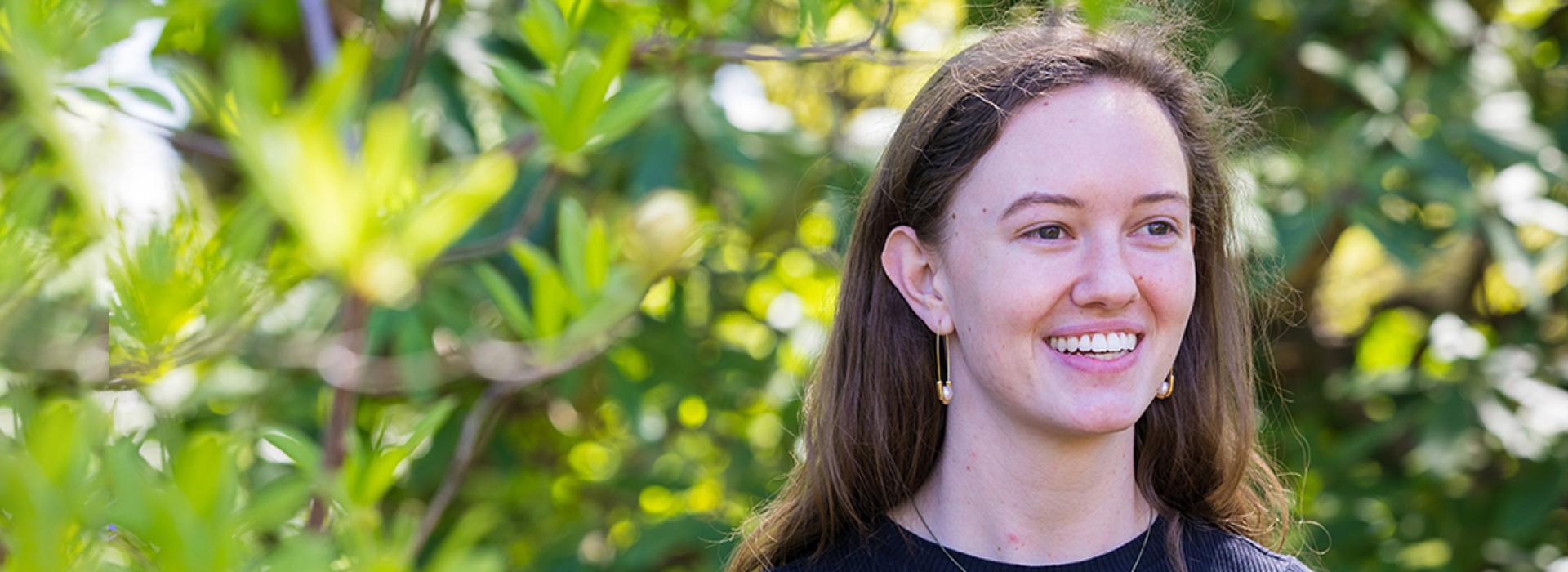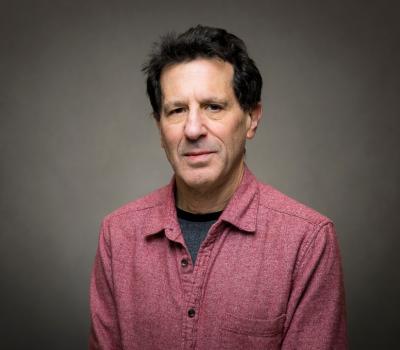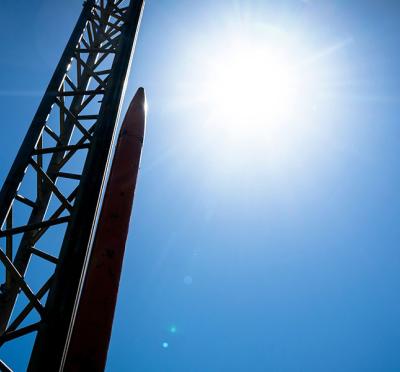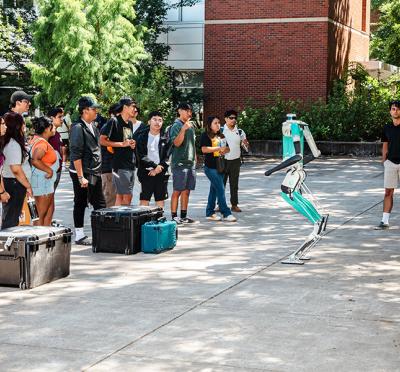Pursuing a degree in ecological engineering — with a minor in environmental engineering — is a natural extension of Katelin Godwin’s upbringing, her lifelong awareness of the fragility of the natural world, and her sense of obligation to protect it.
“Our household is very science oriented, and living sustainably is just something my family does,” said the fourth-year undergraduate student from Folsom, California. “My parents were great inspirations. My dad, for instance, is a hydrogeologist for California’s Department of Water Resources who works in sustainable groundwater management, so I understand the importance of being diligent stewards of our planet. We can’t just keep using natural resources as if they’re never going to run out.”
It was during an Advanced Placement environmental science course in high school that Godwin decided she wanted to study environmental engineering and, later, ecological engineering in college. “I liked the idea of applying math and science to mend and preserve the environment,” she said, “and I was attracted to the problem-solving part of engineering. Creating solutions that can lead to a better world was a big reason I wanted to become an engineer.”

As a College of Engineering student ambassador, she shares her enthusiasm about Oregon State and about her major with prospective students, helping them to discover which direction to take and figure out if engineering is right for them. During the campus tours she led before the COVID-19 pandemic, Godwin enthusiastically fielded countless questions and offered insights into academics and student life. The women on the tours were likely to hear about Phi Sigma Rho, the engineering sorority for women. “The organization has been the greatest social outlet I have here,” she said. “It’s a wonderful way to step out of work or school to make new friends, meet new people, and decompress from the stresses of being a woman in engineering.”
For now, she has to settle for communicating remotely with prospects, but she still does her best to make that personal connection and provide information to guide important choices about their education. “It feels a little distant sometimes, but we’re making it work,” she said.
Remote learning has been quite an adjustment, too, though it’s resulted in some memorable educational moments. Last spring, one inventive professor instructed his ecological engineering lab students to collect soil samples and zap them in a microwave oven to determine their moisture content. For the same lab, Godwin watched 24 hours of GoPro footage of grazing sheep to determine if the presence of solar panels in their pasture negatively affects their emotional state (it doesn’t). “That was fun. A little tedious, but fun.”
She found habit restoration more satisfying. Her senior design project involved remediation and restoration of a stream in Scappoose, Oregon. “We were rebuilding a habitat that was harmed by bad forest management practices,” she said. “It wrecked the salmon spawning grounds, which are important for commercial and recreational fishing and which also have tremendous significance to the cultures of indigenous communities. The work was very gratifying, and I felt like we really made a difference.”
COVID-19 also meant that Godwin’s 2020 internship with Chemica Technologies, a biotechnology company in Portland, had to be done virtually, a process made smoother by the college’s Internshift program. Her main assignment was to collect information about point-of-use drinking water filters (like Brita filters or under-sink filters). “It was very helpful for learning to work by myself, and I had to be self-driven and manage my time well,” she said. The internship also served another important function: It helped Godwin realize that she wasn’t too keen on a career in traditional environmental engineering — work that can include designing wastewater treatment systems and researching the environmental impact of proposed construction projects. What excites her is ecological engineering, in which natural solutions like microbes and native plants are used to remove contaminants from water and to maintain healthy watersheds.
It’s the type of work she can imagine doing throughout her career, whether the work is habitat restoration, sustainable water management, improving access to clean water for underserved communities, or related endeavors. “In California, there’s a huge water crisis, but regulations for water use are very weak, and the state has paid a big price for that,” Godwin said. “As the impact of climate change inevitably moves farther north, Oregon is expected to become drier and drier, impacting both the land and Oregonians, so smarter water management will become crucial here.”
Godwin will be working on such issues in her new position a civil staff engineer at RH2 Engineering in Medford, Oregon.




